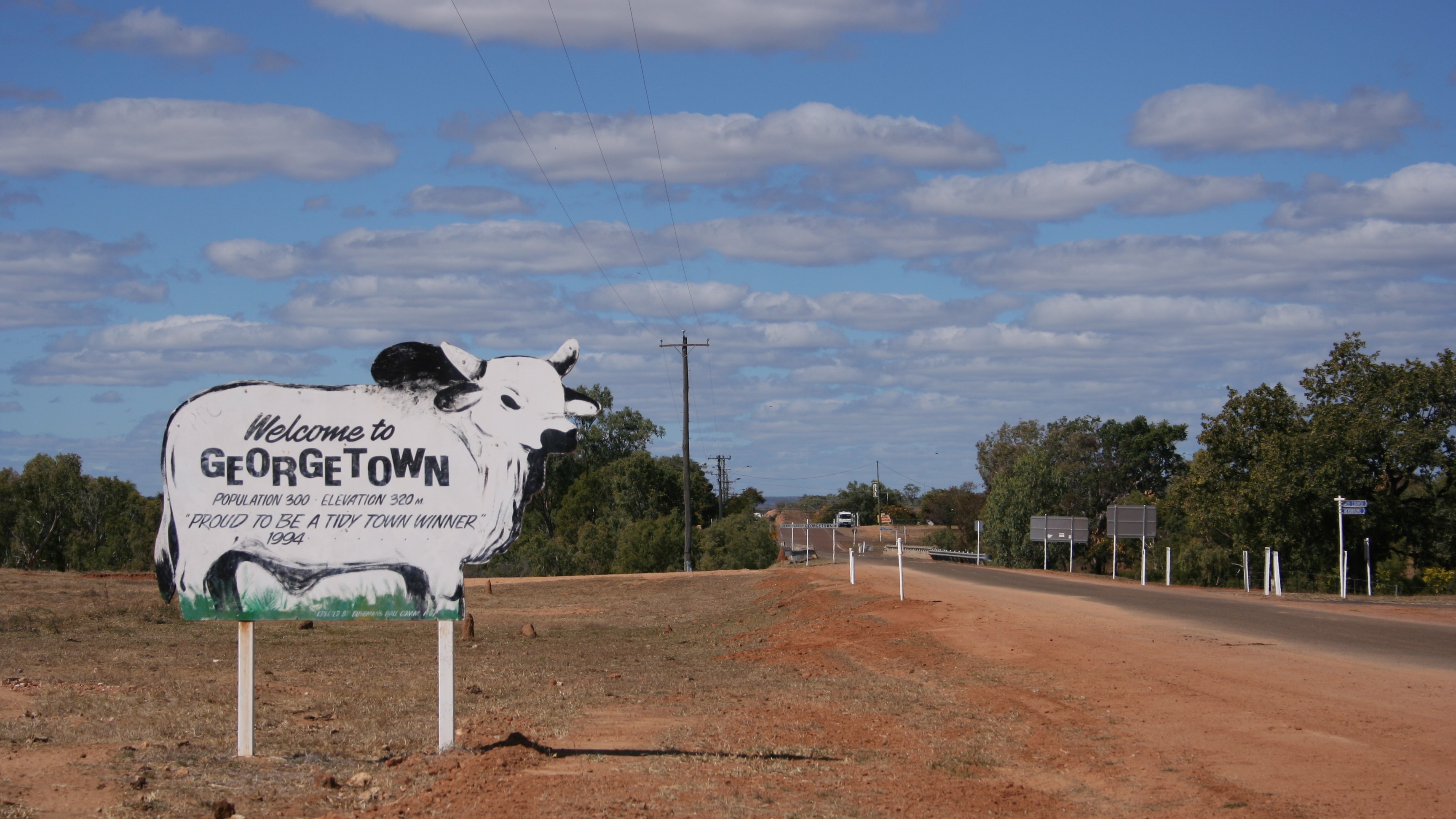Any planning around this initiative needs careful attention to, and resourcing of, the rural health aspect, says RANZCOG's Professor Steve Robson
A federal government plan to force new immigrants to live outside the major cities as a visa condition has drawn a cautious response from doctors.
The Federal Minister for Cities, Urban Infrastructure and Planning, Alan Tudge, said the idea was to achieve more even growth across the country – reducing congestion in Sydney, Melbourne and southeast Queensland, while supporting smaller states.
Mr Tudge said immigrants accounted for 60% of Australia’s overall population growth in the past decade and around 75% of the growth of the two biggest cities.
“Hence, settling even a slightly larger number of new migrants to the smaller states and regions can take significant pressure off our big cities,” he said in a speech to the Menzies Institute on Tuesday.
“There is no geographical requirement for a newly arrived migrant. We are working on measures to have more new arrivals go to the smaller states and regions and require them to be there for at least a few years.”
ACRRM President Dr Ruth Stewart said there were many instances where immigrants had helped revive rural towns, but the policy would require significant investment in infrastructure such as health, language education and public transport.
“If certain new migrants are going to be directed to rural and remote communities, I trust the government will divert funds to support infrastructure in those communities,” Dr Stewart said.
“You cannot just dump people in country towns where services are already stretched.”
High-profile gynaecologist Professor Steve Robson pointed out that immigrants commonly had additional health needs and could not navigate the health system well.
“Any planning around this initiative needs careful attention to, and resourcing of, the rural health aspect,” Professor Robson, president of RANZCOG, said on Twitter.
In an interview on ABC News Breakfast, Mr Tudge did not reveal how many new immigrants could be subject to the scheme, or how the government planned to restrict their movements, but he said he was confident that it could.
“When somebody’s on a visa, then we can easily place conditions upon it. Now, we haven’t announced all the details exactly how we’re going to do that yet, but it’s reasonably straightforward to do that,” he said.
He mentioned South Australia, Tasmania and regional Victoria as areas that could benefit from more new immigrants, but acknowledged their skills would need to be matched with available jobs.
Dr Neal Beaton, president of the Rural Doctors Association of Queensland, was sceptical about the idea of confining new arrivals to certain areas.
“It could create misery. Then it would impact on rural doctors, because we would have to manage them,” he said.
Dr Beaton, who practices in the Atherton area of Queensland, said immigrants gravitated to cities for facilities and jobs. In the regions, a whole range of supports would be needed to help people deal with culture shock and practical needs.
“Generally, forcing people to do things is less successful than building incentives. Our experience with doctors is that incentivising, rather than regulating, is a better strategy,” he said.


